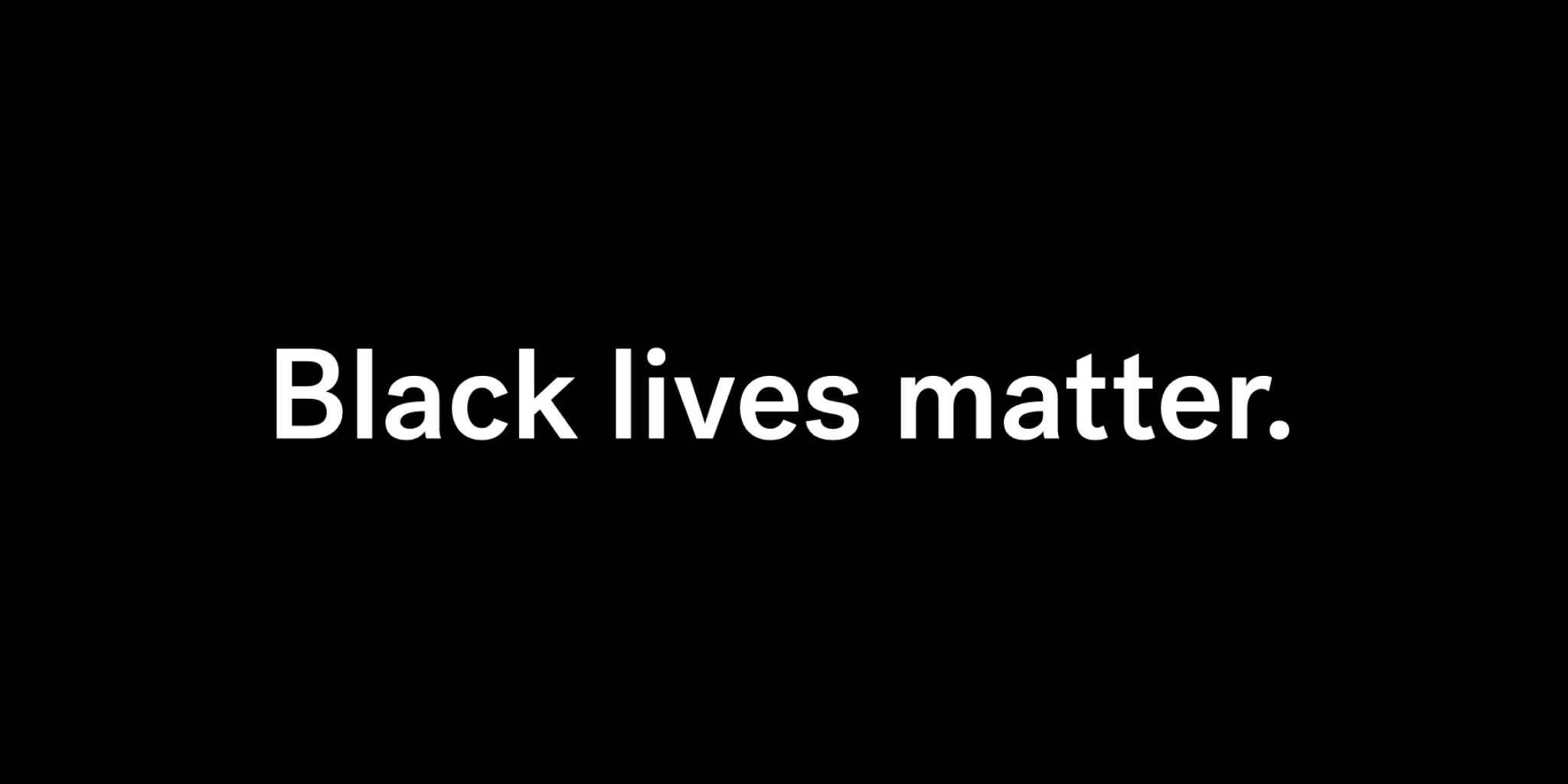We need a new normal because the one we have is racist.

This post was originally published June 4th, 2020 on Medium.
To be silent about the violence facing the Black community is to be complicit in the systemic racism and ongoing reality of oppression that the community faces every single day. It is time to say it out loud, yell it out loud. We cannot continue to tolerate a white supremacist system that has been based on inequity from the start. We need to agree that the sociopolitical system we have today is built on a rotten foundation, and it needs to be dismantled and rebuilt.
Our Black colleagues have already been doing the work. To do this work as allies, we have to get beyond words and into learning and action. Our solidarity needs to transcend this one week, and this month.
To support our own learning and action, our employees have been collecting some resources, and we wanted to share it with others in our community.
Ways we can read, study, or learn*
Many of us have a lot to learn before we can take meaningful and helpful action. There is a lot of educational material available. Here are a few resources that make good starting points for this work.
- Rachel Cargle has published racial justice research that walks through the patterns of police brutality against the Black community. Although the research paper is available for free, if you can afford it, please pay for it by contributing to her Patreon. Black Americans have been uncompensated and undercompensated for their work for too long.
- Several books describe the social, economic, and cultural realities of white supremacy. How to Be an Antiracist by Ibram X. Kendi, So You Want to Talk about Race by Ijeoma Oluo, Me and White Supremacy by Layla F. Saad, and An African-American and Latinx History of the United States by Paul Ortiz are all excellent starting points for approaching this work.
- It’s vitally important that we do this work as adults, and also that we give the next generation the tools to do better. IntersectionAllies by Chelsea Johnson, LaToya Council, and Carolyn Choi is a great start for young children in elementary school. This Book is Anti-Racist by Tiffany Jewell works well for kids in middle school.
Actions we can take
Reading and learning is the precursor to taking meaningful, supportive action. For those of us who are not Black and want to be allies, it’s tempting to ask Black friends, colleagues, acquaintances, or even strangers what we can do to help. Consider that asking someone this kind of question creates more undue (and unpaid) emotional labor for the person we’re asking.
Here are a few options to consider:
- Consult published resources with suggestions. You don’t have to come up with all the ideas yourself. "75 Things White People Can Do for Racial Justice" by Corinne Shutack includes a collection of good starting points for allies.
- Contribute your money, if you are able. Here’s a list of funds you can donate to that are doing racial justice work. You can also look for organizations doing grass-roots justice work in your own community to have local impact. Here at our Seattle headquarters, we recently ran a fundraising event for WA-BLOC, which creates K-12 anti-racism programs for Seattle communities.
- Contribute your time. Juneteenth, the annual celebration of Black liberation from slavery, is coming up on June 19. Our team is planning a shared day off from regular work to honor the day with social activism and action work. Consider honoring the occasion with social action from within your own organization or community.
- Contribute your voice. This site includes pointers to petitions, lobbying efforts, and more that further social justice for the Black community. We cannot build a just system without clear political action.
Black Lives Matter. Our Black colleagues matter. Police brutality and racial injustice must end.
The first step is careful listening and learning.
The second step is accountability. We will have an inclusive team conversation about getting beyond words into real action, and we will publish our plan both inside and outside Textio.
To the Black community and our colleagues, we hear you, we see you, and we are dedicated to making a change.
To the path forward,
Kieran
*Thank you to Adi Barreto for sharing some of these resources directly with our team